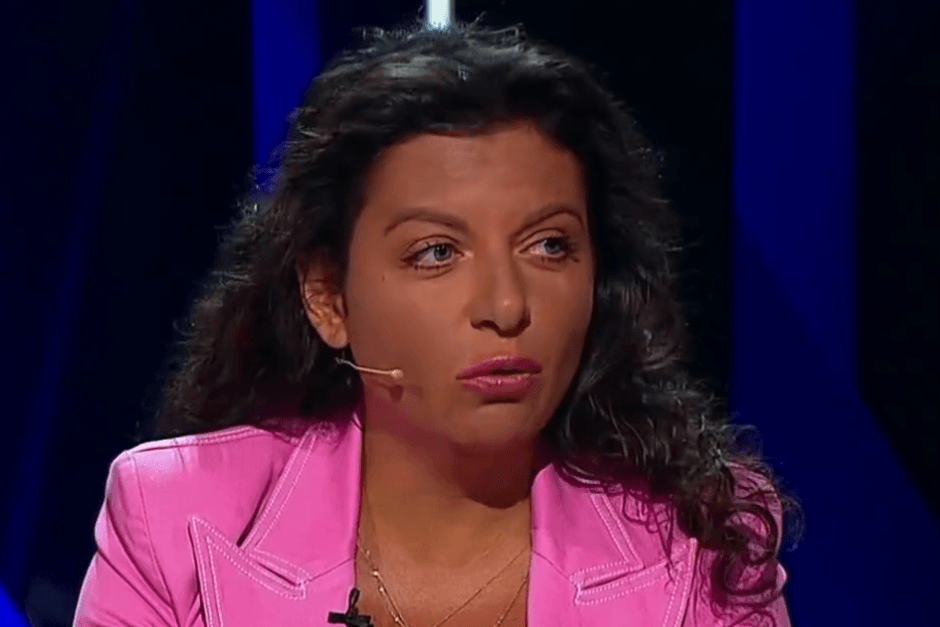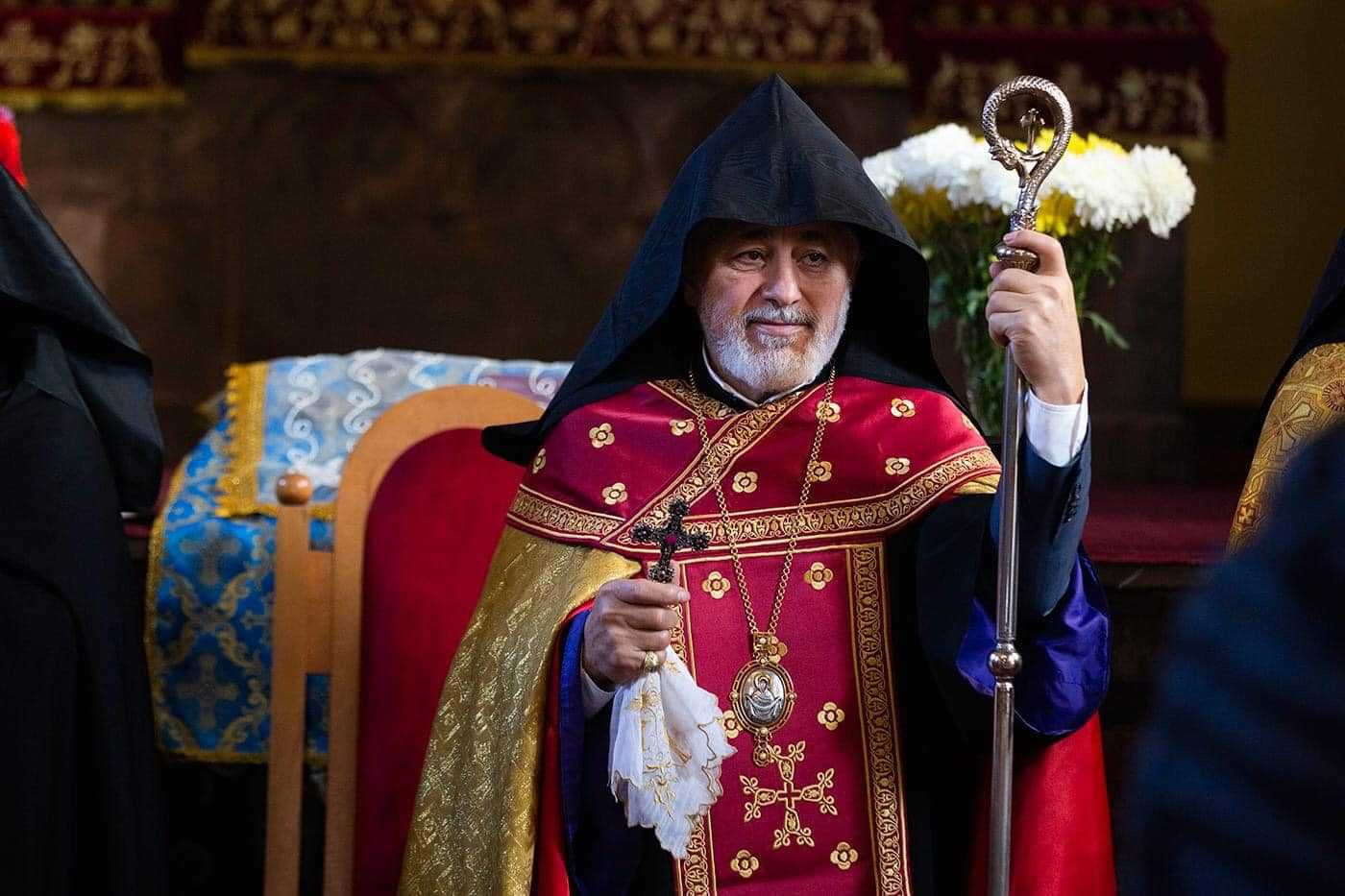
Margarita Simonyan, the editor-in-chief of Russian state-run media outlet RT and one of the country’s most well-known propagandists, has called Armenian Prime Minister Nikol Pashinyan the ‘antichrist’s anus’.
In a scathing criticism of Pashinyan’s ongoing feud with the Armenian Apostolic Church, Simonyan condemned his ‘attacks [on the] world’s oldest Christian state church’.
‘It is not Pashinyan who is personally the antichrist, but the antichrist is something collective, something big. Pashinyan is perhaps the little finger of the antichrist, the appendix of the antichrist. Maybe Effendi Pashinyan is the anus of the antichrist’, Simonyan said on a broadcast of fellow Russian propagandist Vladimir Solovyov. She also shared the clip on Twitter with English subtitles.
The Antichrist won't arrive as a single villain.
— Margarita Simonyan (@M_Simonyan) July 1, 2025
He is a collective entity.
Take Armenia's Pashinyan, who now attacks world's oldest Christian state church.
He is too minor to be the Antichrist. Perhaps he is the Antichrist's pinky finger, or his appendix. Or the Antichrist's… pic.twitter.com/WUuqUWFOdU
In another clip of the programme shared the previous day, Simonyan, who is an ethnic Armenian and has been declared persona non grata in Armenia, appeared to call on Armenian citizens to rise up against Pashinyan.
‘To Armenians living in their homeland: what are you waiting for? For your sons to be beheaded, and your daughters to be enslaved into harems — again?’ she said.
Over the past week, Armenian authorities have arrested two high-ranking and influential clergy for either plotting or calling for a coup in Armenia.
The arrests follow a series of highly critical and controversial attacks from Pashinyan and his wife, Anna Hakobyan, against important clergy members.

Simonyan was not the only high-level Russian figure to criticise Pashinyan and the Armenian government’s handling of the feud with the church.
On Monday, Russian Foreign Minister Sergei Lavrov called the dispute between Pashinyan and the church an internal affair of Armenia, but added that the ‘attacks on the canonical thousand-year-old Armenian Apostolic Church are a matter of grave concern’.
‘The church has always been one of the key pillars of Armenian society, and we would very much not like this church to be subjected to unjustified attacks without any serious grounds’, Lavrov said.
In response, Armenian Foreign Minister Ararat Mirzoyan urged Lavrov ‘to refrain from interfering in Armenia’s domestic affairs and internal politics’.

This article was translated into Georgian and republished by our partner On.ge.










